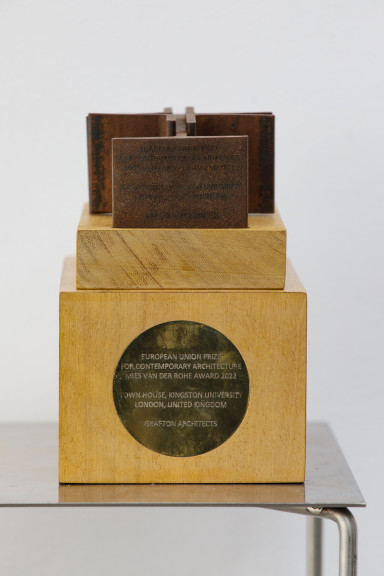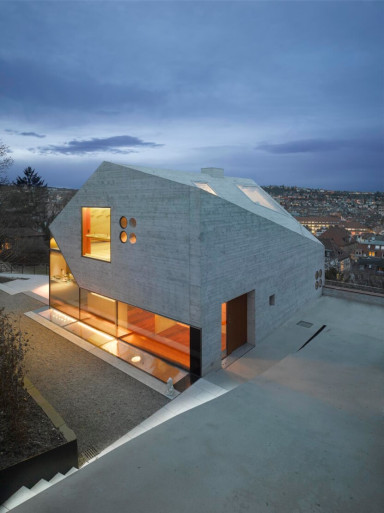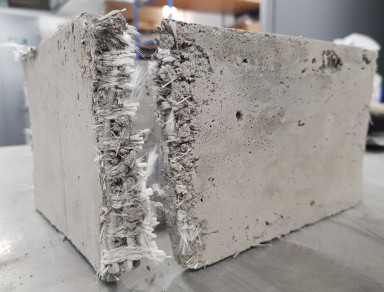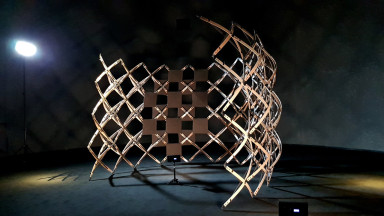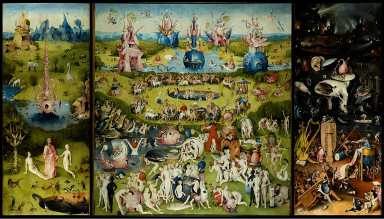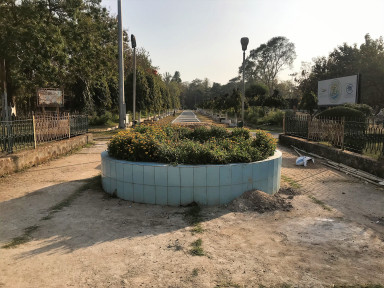EUmies Awards: ‘Sustainable’ architecture in Europe
A sociological interpretive approach
In face of climate change, architects and other design and construction professionals are required to design and construct sustainably. However, sustainable architecture has no one definition; rather, there are different and competing ones. This PhD project focuses on the European Union Prize for Contemporary Architecture/Mies van der Rohe Awards (EUmies Awards) to investigate how the discussion on sustainable architecture has evolved at a European level over the last 30 years. Using interpretative methods, the project investigates what problems sustainable architecture is supposed to solve and how concepts of sustainability are translated into architecture.
- sociology of architecture
- systems theory
- organizational sociology
- discourse analysis
- sustainability
Context
Sustainability has been a principle for action articulated and demanded throughout society. Discussions about the finite nature of resources, rising CO₂ emissions, and increasing urbanization have also led to a growing demand for sustainability in the field of architecture. Instead of a universal concept of sustainable architecture or architectural practice, there are various approaches that focus on different aspects, for example, energy saving, responsible use of resources, or refurbishing instead of constructing new buildings. The PhD project focuses on how architecture is negotiated and defined under the principle of sustainability at a European level. The starting point of the investigation is the EUmies Awards, which have been presented every 2 years since 1988 by the European Commission’s Creative Europe programme and the Fundació Mies van der Rohe for innovative construction and refurbishment projects (Figure 1). The awards (currently) see themselves as a ‘platform for investigation, development and implementation of sustainable architectural practices.’¹
Aims
A closer look at the principle of sustainability and its frequent use by different actors shows that sustainability has ‘no precise content’² and can therefore be described as an empty signifier. However, this is not to say that the concept of sustainability has no function. The function is that, in naming sustainability, different and ambiguous cases of concern are retroactively grouped together.³ The aim of the PhD project is to analyse the statements and events related to sustainability in the context of the EUmies Awards and to work out which different problem diagnoses and solution approaches are summarized by the term sustainability. It is important not only to examine the discourses through the concept of sustainability but also to look at architecture and architectural practices that were not discussed as sustainable at the time of their emergence but are considered sustainable from today’s perspective – for instance, the use of wood or clay. Although the analysis is highly exploratory and refrains from starting with a fixed concept of sustainability, the distinction between environmental, social, and economic sustainability will be considered in order to cover the range of perspectives on sustainability. Knowing what issues related to climate change are being addressed by architects, how approaches are being designed, and which actors are playing a leading role in these processes will provide important information for future challenges related to the built environment.
Research design
Using the sociology of knowledge approach to discourse (SKAD),⁴ how knowledge is produced in the field of architecture is analysed in response to the definitions of sustainability. Analysis is divided into two stages. In the first, discourses on sustainability within the EUmies Awards is examined in order to address the following questions: How is the need for sustainable architecture reasoned, and to what events or documents does this reasoning refer (e.g. Brundtland Report)? What definitions of sustainable architecture and architectural practice are discussed in the context of the awards? To what extent do the various approaches to sustainable architecture compete with each other? In the second stage, based on results from the first, a selection of projects nominated by the EUmies Awards are chosen for individual case studies. This is important, as the requirements of the client, the availability or lack of construction materials, and the applicable construction regulations all play major roles in the process of design and construction. One valuable individual case study may be House 36 (Figure 2), which was nominated in 2015 and received recognition for its natural light sources and thermal efficiency.⁵ The research questions here are: How do architects conceptualize and therefore translate sustainability into architecture? How do architects define the building projects and practices they want to turn away from in their own work?
Supervisor:
